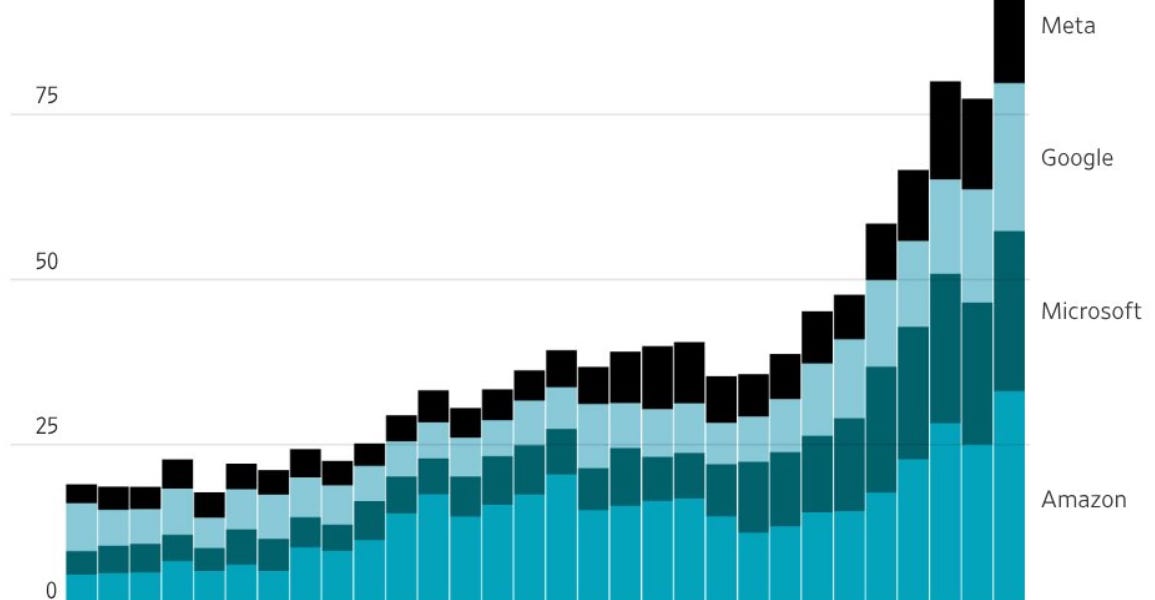Is AI Already Stealing Jobs From Young People? New Stanford Research Suggests Yes

The debate rages on: is AI impacting young people's job prospects? Initial studies found limited impact, but new research from Stanford University, using ADP payroll data, reveals a 13% decline in employment for 22-25 year olds in highly AI-exposed jobs like software development and customer service. Controlling for factors like COVID and the tech downturn, the study suggests AI's effect might be more significant than previously thought, particularly in automation-heavy fields. Conversely, employment rose in AI-augmentation roles. This sparks discussion on curriculum adjustments and career paths for students, highlighting the need for continuous monitoring of AI's real-time impact on the labor market.
Read more


